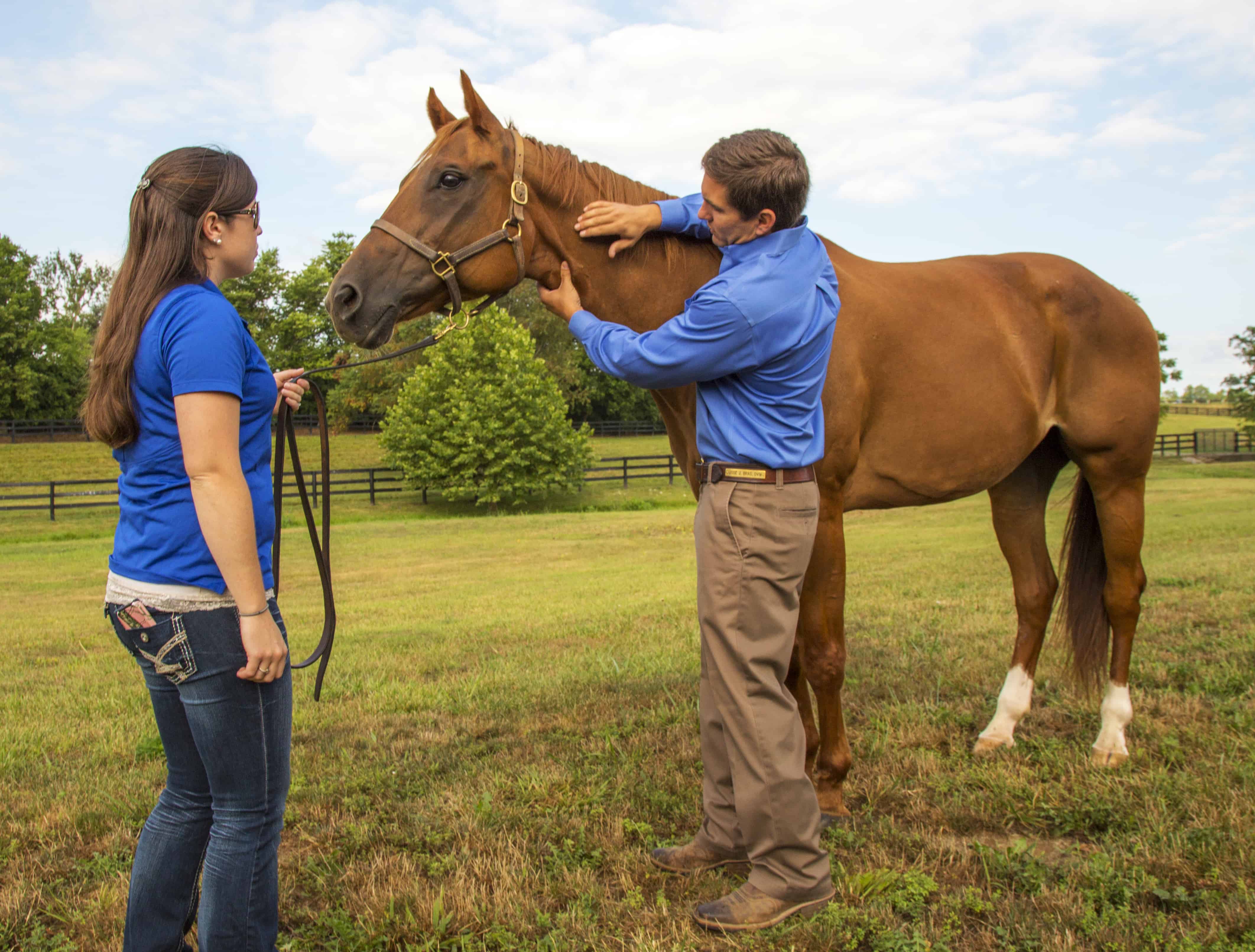Low-Stress Horse Husbandry

Adopting welfare-friendly handling practices can improve equine well-being and human safety
As a veterinary behaviorist, Katherine Houpt has seen many cases of undesirable and even dangerous equine antics. Often, however, these behaviors are rooted in anxiety, not animosity. Take the Miniature Horse with a history of rearing and striking at his farrier and veterinarian, for instance. Houpt explained to the owner that the Mini’s eyes, ears, and facial expressions displayed fear, not aggression.
“A lot of things that we as veterinarians do to horses scares them,” says Houpt, VMD, PhD, Dipl. ACVB, professor emeritus at Cornell University’s College of Veterinary Medicine, in Ithaca, New York. “We need to learn to be aware of the horse’s emotions.”
From reinforcing behaviors to reading facial expressions, adopting welfare-friendly handling practices can improve equine well-being and human safety. In this article we’ll describe how to incorporate these into your horse management routine TheHorse.com is home to thousands of free articles about horse health care. In order to access some of our exclusive free content, you must be signed into TheHorse.com. Already have an account?Create a free account with TheHorse.com to view this content.
Start your free account today!
and continue reading.
Written by:
Natalie DeFee Mendik, MA
Related Articles
Stay on top of the most recent Horse Health news with











